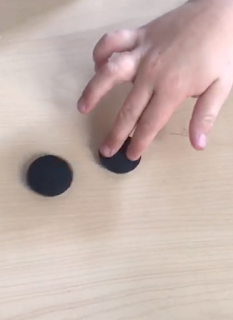Winsome unearths the roots of Kindergarten’s inquiries
This post offers ways to use one text to provoke and reveal children’s inquiries - genuine curiosity, sincere questioning, authentic tension and heartfelt wonderings. Just like Winsome, the children in my class have passed their fifth orbit around the sun. Who is Winsome? Let’s find out how she connected Kindergarten to the concept of curiosity, the craft of bookmaking, the mindset of wondering and the magic of imagination - and unearthed the roots of their inquiries. The Wonder of Winsome is a picture book recently published by Kath Murdoch, perhaps best known for being a true advocate of inquiry as pedagogy. Winsome, the main character in the text, arrived in book form in Paris recently, pretty much at the same time as I was inquiring into a specific workshop I wanted to attend (which itself led to inquiries about and connections to Paris and Rufus Wainwright!) What follows is a series of learning opportunities over the course of a week, sparked by Winsome! What happened W...


